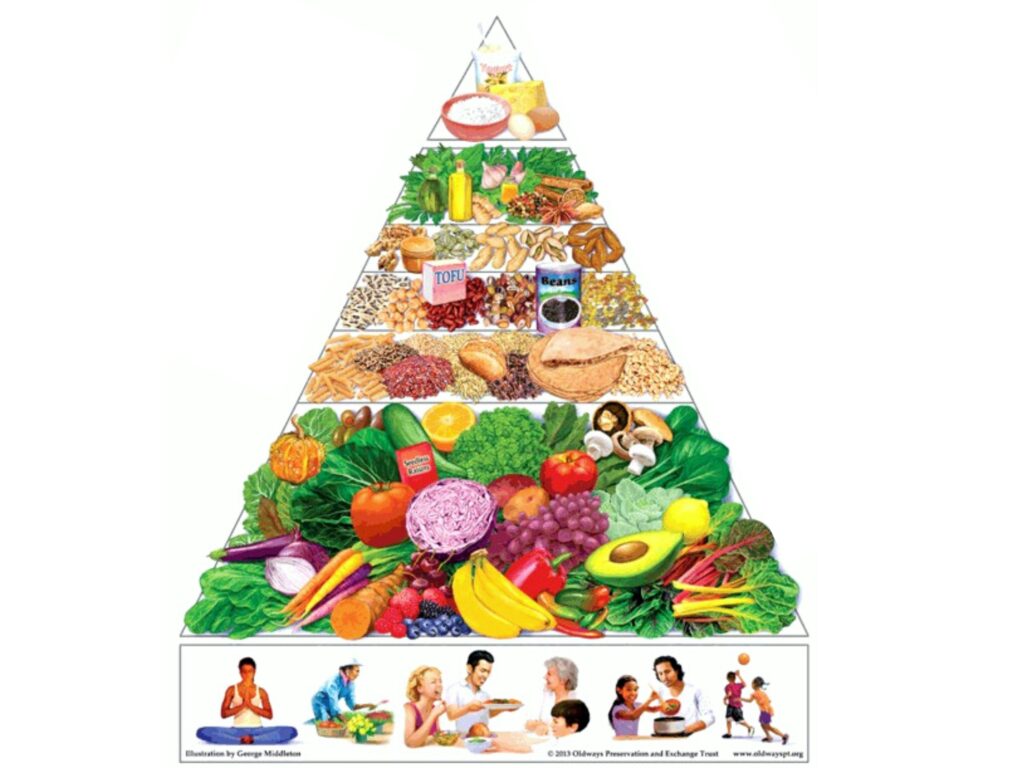In today’s health and wellness space, social media platforms have become the loudest stage. The problem is, not everyone grabbing the mic has real expertise. Pseudo-experts in fitness, mental health, nutrition, and even medical advice build followings with confident delivery and slick videos. Credentials? Often none. But their influence is real, and it shapes how people eat, train, sleep, and think.
Click-driven content doesn’t reward depth. Headlines like “This One Hack Saved My Gut Health” often beat out peer-reviewed advice that doesn’t sound as sexy. When algorithms reward engagement, not accuracy, the loudest voice wins—not the most informed. That’s how myths spread: gluten is evil, carbs are poison, cold plunges cure burnout.
Worse, much of what gets shared assumes everyone is the same. Health advice that worked for one influencer is treated like gospel for millions. But people aren’t templates. One-size-fits-all thinking leaves little room for nuance, context, or actual diversity in bodies and needs. The result? A mess of confusion, false hope, and sometimes harm.
Creators who care about impact need to do better. Slower, smarter storytelling might not always go viral. But it builds trust. And trust, in the long run, beats clicks.
Carbs get a bad rap. But not all carbs are created equal. Refined carbs are stripped-down versions found in white bread, pastries, and sugary snacks. They hit your bloodstream fast, spike your blood sugar, and leave you crashing soon after. Complex carbs, on the other hand, come from whole foods like oats, beans, and vegetables. They take longer to digest and deliver steady energy.
Your brain and muscles rely on carbohydrates every day. Without enough of them, your body will scramble to convert protein or fat into fuel, which isn’t efficient. That can leave you foggy, fatigued, and always a bit off.
Low-carb fads promise quick fixes, but the side effects sneak up. Cutting out carbs too sharply can throw off your metabolism, increase stress hormones, and lead to nutrient gaps. Instead of ditching carbs, the smarter move is choosing the right ones. Whole, unprocessed, and balanced.
Carbs aren’t the enemy. Confusion is.
Fat gets a bad rap, but not all fat is created equal. Healthy fats like those from avocados, nuts, olive oil, and fatty fish support key functions in your body, especially hormone regulation and brain performance. On the other end of the spectrum, trans fats—typically found in processed foods—are the troublemakers. They increase inflammation, raise bad cholesterol, and have zero upside. Most smart eaters avoid them entirely.
Fat isn’t just important—it’s essential. Hormones rely on cholesterol and healthy fats to synthesize properly. Your brain? It’s nearly 60 percent fat. Without enough of the good stuff, focus, mood, and clarity can slide. If you’re cutting fat across the board, you’re robbing your body of one of its most valuable fuel sources.
There’s also this common myth: fewer calories mean better health. Not always. Fat is calorie-dense, sure, but it’s also nutrient-dense—meaning you get more lasting energy, satiety, and useful building blocks per bite. Compare that to a low-fat snack loaded with sugar and fillers. Light on calories, heavy on regret. Healthy fats fill you up, fuel your system, and actually help with body composition when used wisely.
Skipping meals might seem like a shortcut to weight loss, but it usually backfires. When you go too long without eating, your body shifts into conservation mode. Metabolism slows down to save energy, not burn it. You might lose a bit of weight at first, but over time, your body becomes more efficient at holding onto fat.
That’s not the only downside. Irregular eating patterns set you up for binge cycles. When hunger builds up, you’re more likely to overeat, crave high-sugar or high-fat foods, and feel less in control. It becomes a loop that’s hard to break — skipping meals, then eating too much, then skipping again to compensate.
Nutritionists don’t recommend extreme fasting or skipping meals as a sustainable approach. Instead, they suggest consistent, balanced meals throughout the day. Eating every 3 to 5 hours helps regulate blood sugar, manage hunger, and maintain energy. That doesn’t mean eating more — it means fueling smarter. Set routines. Plan your meals. And listen to your body instead of punishing it.
Your body already has a built-in detox system. The liver filters toxins. The kidneys flush them out. They do this all day, every day, and they’re good at it. No fancy juice is needed to “cleanse” what’s already being handled by your internal systems.
Juice cleanses, extreme fasting, and mystery powders don’t just waste your time and money. They can mess with your electrolyte balance, spike your blood sugar, and leave you feeling drained. Stripping your body of calories and nutrients in the name of wellness isn’t a reset—it’s stress.
A real reset starts simple: drink enough water, eat fiber-rich whole foods, sleep consistently, and limit alcohol and processed stuff for a while. Let your body do what it was built to do, while you just support it with solid daily habits. No starvation required.
Supplements can be useful, but they’re not magic pills. If you’re deficient in something—say, vitamin D, B12, or iron—they can help fill gaps. But too often, people use them to cover for a bad diet or because an influencer said it helped them focus. That’s hype, not health. Supplements should support nutrition, not substitute it.
The foundation, still, is whole foods. Real fruits, vegetables, healthy fats, and proteins offer things capsules can’t—like fiber, phytochemicals, and satiety. You can’t out-supplement a daily drive-thru habit.
And here’s the thing: guessing what your body needs is usually a waste of time and money. Personalized testing—whether it’s basic blood work or more detailed nutrition panels—gives you real data. That information leads to smarter choices, not just more bottles collecting dust on your counter.
Spotting Hype vs. Helpful Advice in the Vlog Health Scene
Not every piece of diet advice on vlogs is worth your time. Some of it is just noise, and some of it is actually harmful. Watch out for big red flags: anything claiming instant results, using fear to scare viewers into action, or offering zero credible sources. If it sounds too good to be true, it usually is.
The truth is, the best advice isn’t always trending. Real results come from personalization. What works for a keto runner in their twenties might not work for a vegan desk worker in their forties. Smart vloggers today are learning how to speak to specific lifestyles over blanket promises.
Want to vet diet advice like a pro? Check if the creator cites real research or credentials. Look at their comment section. Are follow-ups based on results, or just hype? And always, always compare recommendations with your own body and your own needs. Flashy isn’t always valid. Relevance beats reach.
Nutrition isn’t just about what you eat. It’s one of the core drivers behind your heart health, your daily energy, and how well you age. A steady diet packed with fiber, healthy fats, and minimal processed sugar helps keep your arteries clear, your blood pressure in check, and your energy from crashing by 3 p.m.
But here’s the thing: it’s not just the food. Your habits carry just as much weight. Sleep, stress, and movement shape how your body processes nutrients. You can eat clean all you want, but if you’re constantly fried by stress or sitting still all day, you’re working against yourself.
The connection between nutrition, heart health, and long-term wellness is strong—and backed by data. If you’re not sure where your heart stands, start by checking out the early warning signs here: Cardiologists Reveal the Early Signs of Heart Trouble. Then take a look at your plate—and your daily routine.
Eat food that comes from the ground or had a mother. If it’s in a box with a dozen unpronounceable ingredients, it’s probably not helping you. Whole, real food doesn’t mean chasing perfection. It just means more meals built around things like vegetables, proteins, grains, and fats you recognize.
Balance matters more than cutting everything out. That all-or-nothing mindset burns people out. A daily routine that includes some greens, some protein, and even the occasional slice of pizza is more sustainable than a crash diet that fizzles out in a week.
Start small and build habits that stick. Swap soda for water. Add one more home-cooked meal a week. Improvement doesn’t have to be dramatic to be effective. If it’s easy, you’ll do it again. And that’s where real change begins.



